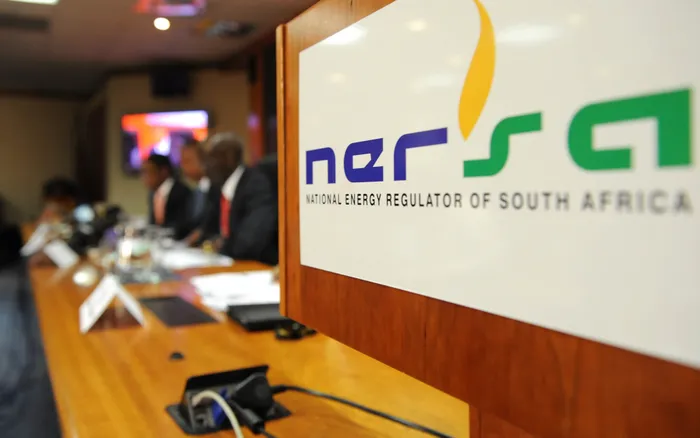Nersa salmmed over gas price hikes amid fears of further strain on industry
ENERGY

In June, Nersa had permitted Sasol Gas to adjust prices quarterly based on fluctuating gas acquisition costs.
Image: Supplied
Banele Ginidza
The Industrial Gas Users Association of Southern Africa (IGUA-SA) is raising alarms over the National Energy Regulator of South Africa's (Nersa) recent approval of a 4% increase in Sasol Gas's maximum gas price.
This decision, which translates to a staggering 20% rise over the year, is expected to exacerbate the challenges facing South Africa's already pressured industrial landscape.
In June, Nersa had permitted Sasol Gas to adjust prices quarterly based on fluctuating gas acquisition costs.
Following this directive, Nersa confirmed Sasol Gas's adjustment from R87.04 per GigaJoule (GJ) to R90.57/GJ for the second quarter of the 2025/2026 financial year.
Various factors contributed to this spike, including rising gas costs from Mozambique, fluctuations in oil-linked derivatives, currency exchange variations, and changes in the US Producer Price Index (USPPI).
Nomfundo Maseti, Nersa's full-time regulator member primarily responsible for piped gas regulation, clarified that the adjustment does not necessarily mean that Sasol Gas will raise prices to match the maximum limit.
"For clarity, Nersa would like to emphasise that the extent of adjustment does not necessarily translate into the same amount of adjustment on actual gas prices Sasol Gas charges to its customers," Maseti said. "It is expected of Sasol Gas to charge actual gas prices lower than the maximum price."
However, IGUA-SA CEO Jaco Human, said this outcome reinforces what IGUA-SA has consistently warned; that Nersa’s pricing methodology is fundamentally flawed.
"From Q4 last year to Q4 this year, allowable prices will have risen by 20%. It is detached from actual costs and relies on foreign benchmarks that permit Sasol to apply an arbitrary mark-up aligned to an EBITDA margin of 31.5%," Human said.
"In reality, Sasol’s gas business achieved an EBITDA margin of 68% last year—more than double Nersa’s proxy—highlighting the disconnect between the regulator’s model and true market outcomes."
Human said it was equally illogical that gas prices rise 20% year-on-year while oil prices—the basis of Sasol’s acquisition costs—have fallen by 13%.
"These distortions create opaque and unpredictable pricing, burdening industry and weakening competitiveness, while enabling Sasol to extract record profits. Combined with unsustainable electricity price increases, the result is a manufacturing sector under intensifying pressure—reflected in a sluggish economy, declining investment appetite, and factory closures," he said.
Meanwhile, Nersa confirmed that Sasol Gas submitted detailed information backing its maximum gas price adjustment, which covers the period from 1 October to 31 December 2025. It said this submission underwent rigorous verification against contractual provisions and required integrity checks to ensure accuracy of the reported gas volumes and the increase icosts.
These reported volumes were further corroborated against gas volume balance data received from Mozambique.
Maseti said the quarterly monitoring approach was designed to safeguard consumers by ensuring that maximum prices remain reasonable and justified, promote accountability by requiring licensees to substantiate adjustments with verifiable costdata and enhance transparency through Nersa’s ongoing scrutiny of costs and gas price changes.
Nersa last month announced that it has approved Egoli Gas’ application for a maximum price of R151.14/GJ for end-user customers and R143.58/GJ for resellers for the period March 1, 2025, to February 28, 2026.
The regularor also approved the quarterly adjustment of the maximum price until February 28, 2026, based on Egoli Gas’ contract with its supplier.
This decision is critical, as it mitigates the lack of adequate competition within the piped-gas market by setting maximum prices that serve to emulate prices that persist in competitive markets and facilitate the establishment of conditions for effective competition.
Further, Egoli Gas must apply for the next maximum price at least four months before the expiry of the currently approved maximum price.
BUSINESS REPORT